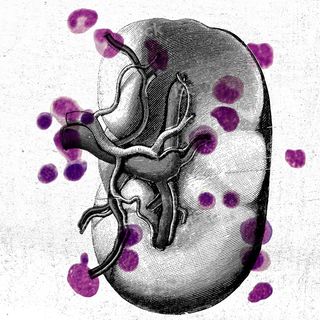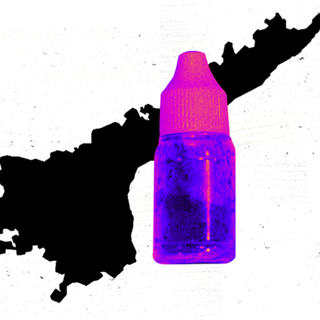Rising earlier everyday is associated with lower risk of major depressive disorder, according to a new study,
The researchers conclude that a person’s chronotype — the body’s internal mechanism that determines whether they are an early bird or night owl — influences their risk of depression. That is, those with a genetic predisposition to sleeping and rising earlier have a lowered risk of depression.
The large genetic study, conducted by researchers at the University of Colorado Boulder (CU Boulder) and the Broad Institute of MIT and Harvard University in the U.S., has a sample size of 840,000 people with European ancestry. It shows why — and to what extent — someone’s sleep timing influences their mental health.
“We have known for some time that there is a relationship between sleep timing and mood, but a question we often hear from clinicians is: How much earlier do we need to shift people to see a benefit?” said senior author Celine Vetter, assistant professor of integrative physiology at CU Boulder. “We found that even one-hour earlier sleep timing is associated with significantly lower risk of depression.”
Related on The Swaddle:
Why ‘Smiling Depression’ Is Particularly Difficult to Identify, Treat
Significantly, the study provided a definitive measure as to how much earlier one should sleep and wake up so as to lower their risk of depression. The findings show that advancing the sleep schedule by one hour corresponded with a 23% lower risk of major depressive disorders in those studied. “This study definitely shifts the weight of evidence toward supporting a causal effect of sleep timing on depression,” said Iyas Daghlas, the study’s lead author from Harvard University.
Depression and sleep have always been closely associated with one another, with one affecting the other. Studies have shown that people with insomnia are 10 times as likely to develop depression and that people with depression are more prone to insomnia. Other genetic studies show that sleep duration influences the heredity of depression.
Past research has suggested that more exposure to sunlight affects cognitive function positively, which could be one possible explanation as to why rising earlier may reduce the risk of depression. “The relationships that serotonin, melatonin, and cerebral hemodynamics have with sunlight, depression, and cognitive function suggest that persons prone to sunlight-related mood disturbances may also be prone to sunlight-related cognitive difficulties,” concluded a 2009 study.
Although the current study’s findings relate to those with a predisposition to sleeping earlier, this may not necessarily mean that only early birds can benefit from lower risks of mood disorders. A separate study by the University of Birmingham in 2019 showed that night owls can “retrain” their body clocks to shift their sleep timings to earlier and experience relatively lower stress and depression.
“Having a late sleep pattern puts you at odds with the standard societal days, which can lead to a range of adverse outcomes — from daytime sleepiness to poorer mental wellbeing,” said Andrew Bagshaw, Ph.D., co-author of the Birmingham study.
While the current findings offer an explanation as to why and how our body cycles interlink with our mental health, there is still much to be explored. Iyas Daghlas stresses that more research is required to definitively determine whether going to bed early can reduce depression.




